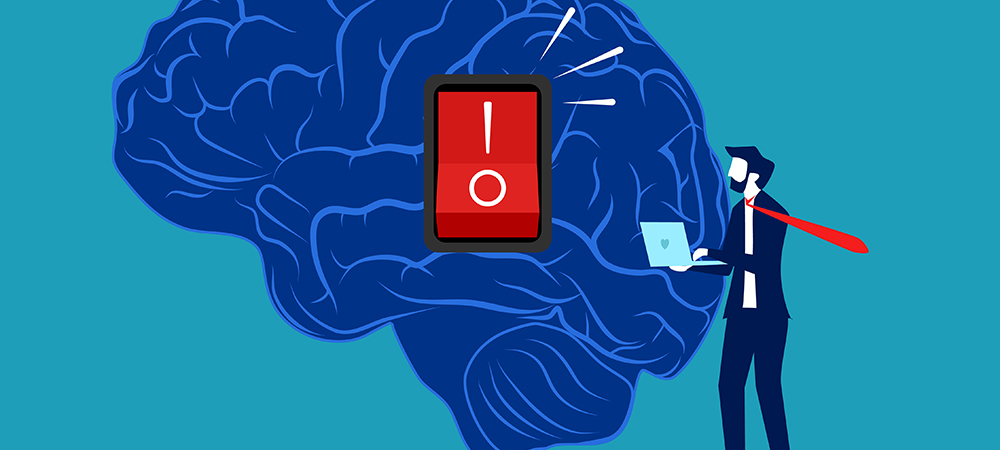Sjourd Wijdeveld, Chief Information Officer at Trivium Packaging, discusses the skills an IT professional needs to safeguard their workplace and ensure their role remains impactful.

A job in Information Technology (IT) today looks vastly different from just a few years ago. While IT was once a separate function in a business addressing operation and support tasks, now, it is a fully integrated business team.
Developments of new technologies are going at record speeds in today’s world. The introduction of OpenAI’s ChatGPT is a good example, which reached over 100 Mio users within two months globally. This not only requires IT professionals to stay ‘on top of their game’ in keeping up with technology developments, but also build strong relations across an organisation to work together on the adoption of these new technologies.
IT professionals require a high level of skill and strong emotional intelligence to adopt and implement new strategies while balancing the legalities and ethics of tech with no former blueprint for success.
So, what skills does an IT professional need to safeguard their workplace and ensure their role is impactful in this new digital and technology-led landscape?
IT is everywhere
Basic technology skills are no longer just within the purview of IT professionals. Most positions in any company require a certain amount of technology knowledge. Take communications as an example. Sophisticated analytics enable a greater understanding of how messages are received, but also require people with the right skills to put the analytics into actions that will improve communications.
Human Resources is another team where skillsets are becoming increasingly technical, and data is a powerful enabler of employee services. Assessing employee experience, EDIB, training, personal development and recruitment, among many other elements, requires rigorous goal setting and measurement throughout the year. To facilitate this, HR teams regularly work hand-in-hand with SaaS (Software-as-a-Service) platforms, such as SuccessFactors.
Beyond the desk, sectors such as manufacturing are no different. What was once seen as a laborious role, is now much more technology-driven. My colleagues in manufacturing use the latest technological innovations such as the Internet of Things (IoT), Artificial Intelligence (AI) and Machine Learning (ML) day in, and day out, requiring a strong technological proficiency.
Why emotional intelligence is a must
Let me be a bit provocative and say that technology – although it’s moving fast – is the easy bit. Human behaviour and how the people in a business embrace and use the technology is the difficult and highly unpredictable part.
IT as a function should be business-focused. Technology is important, but only adds value when it enables business functions to do their job. Organisations are massively embracing Artificial Intelligence as an enabler for transformation. This collection of technologies – of existing and new technologies like Machine Learning, Deep Learning, Natural Language Processing, and Generative AI – will impact each organisation, each function and many employees within the organisation in the coming years. The IT function plays an important role in the success of this adoption, by providing the necessary conditions like data, tools and training.
The theoretical efficiency benefits of technology and AI are indisputable, but these benefits will only be realised if we carefully and confidently consider the ethics, legality, and impact on our colleagues of rolling out AI and other new technologies, while also making sure our business remains competitive by keeping up with the pace of change. That requires more than technical skills. Emotional and cultural intelligence are needed.
Remaining curious
Just a year ago, AI was relatively new to the workplace, but it has arrived in force and there are no signs of technological evolutions slowing. As an IT leader, you need to be prepared to say goodbye to habitual practices and embrace new technology. Adaptability and curiosity, therefore, are now a must for an IT professional.
When recruiting for my team, curiosity to learn and develop is a key trait I look for. After all, the functional skills you have today could be rendered obsolete in just a few years. So rather than focusing on IT skill sets, I want people who can demonstrate a desire to learn the new and evolve with the times.
Mastering agility
Like emotional intelligence, agility is a necessity. Not only from a workplace perspective to help people work together more efficiently and collaboratively, but also the ability to embrace emotional agility, and deal with changes and challenges thrown your way on the daily.
As new technological developments, such as AI, enter the workforce, IT teams need to be primed to solve and overcome new challenges, learning on the spot. Learning emotional agility will help you to take a step back when faced with hard decisions. Rather than reacting based on emotion, you can gather your thoughts, assess the team’s values and goals, and then decide based on careful consideration as opposed to reactionary instinct.
In addition to adapting and strategising with new technology, an IT professional’s job is centred around preventing, and potentially, dealing with cyberattacks. Cybersecurity and data protection are both highly sensitive and business-critical issues that carry serious consequences if threatened. IT professionals are trusted in these moments of crisis to exercise emotional intelligence and agility to make quick but measured decisions in a scenario with naturally heightened emotions.
Considering your colleagues
Implementing new technologies can often have a very real impact on your colleagues. Some will be excited to trial new tech, while others will be apprehensive of its role in the business or concerned about its ability to help with the task at hand. Emotions, cultural differences and politics will affect how a colleague reacts. Emotional intelligence will help you manage the team around you and their expectations of you and the IT available to them.
Building strong relationships with colleagues will help you to listen, understand, and communicate with key stakeholders, ultimately prioritising the needs of colleagues when liaising with decision-makers on the technology required. Just garnering a strong IT functional knowledge is no longer enough.
Being open to the journey
As IT professionals face a future of learning and adapting to new technology while continuously balancing the needs of their colleagues, being open to new experiences and perspectives is imperative.
Mastering emotional intelligence, agility and curiosity, will enable you to harness new technologies quickly while considering the human and business impact – with the bonus of building your resilience and ability to handle stress, a necessity in IT too.
Click below to share this article

